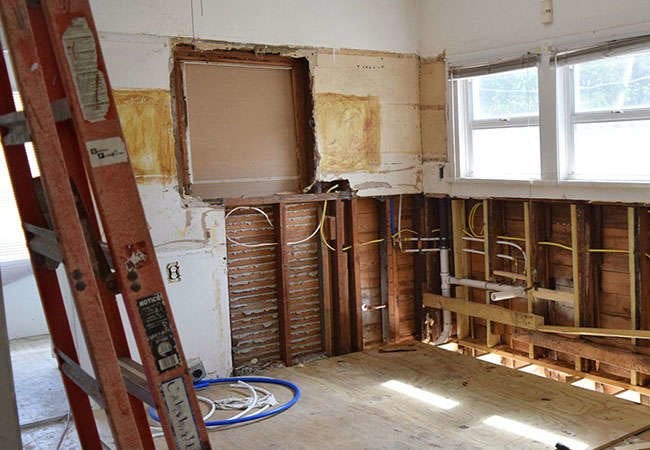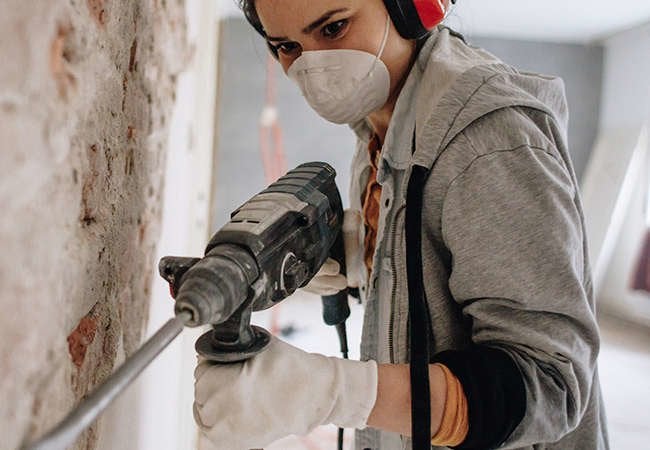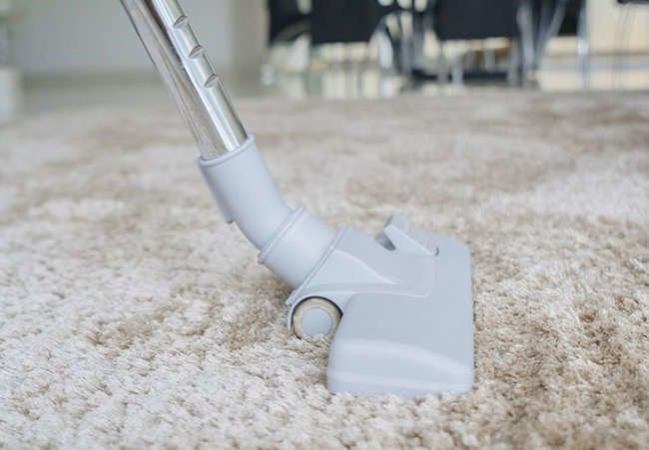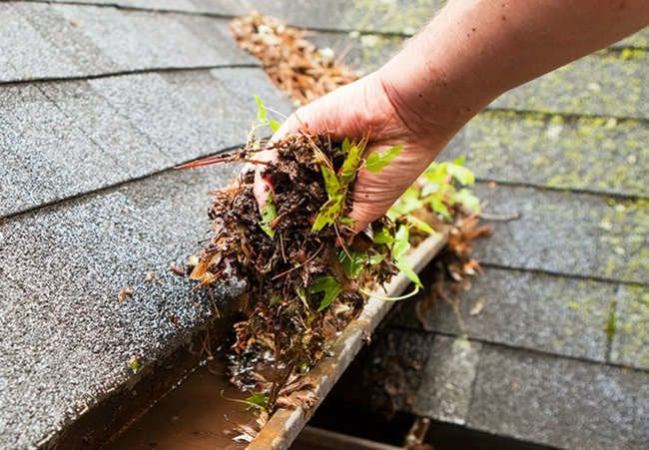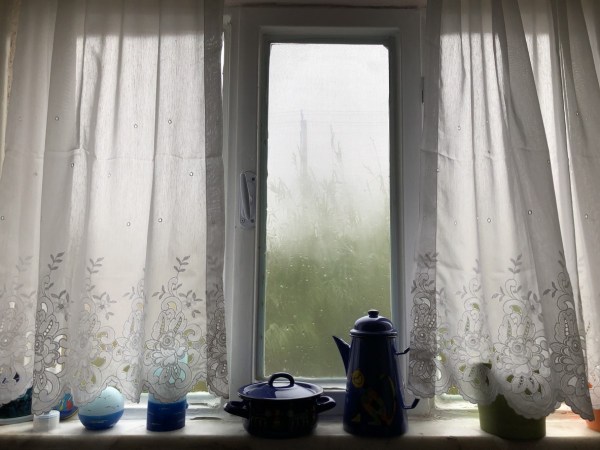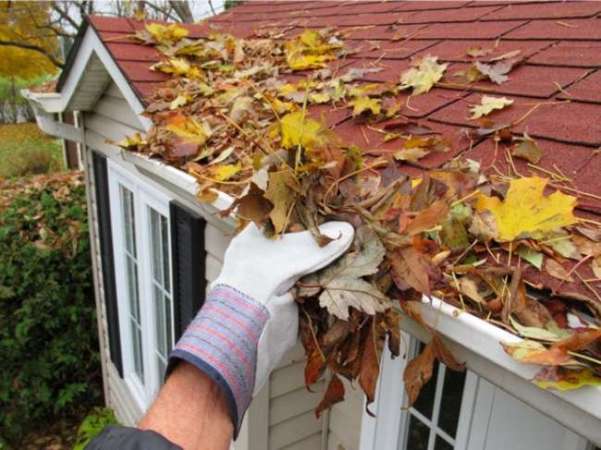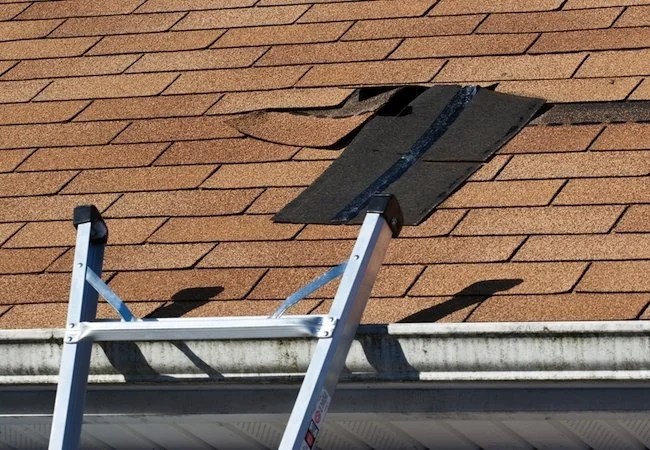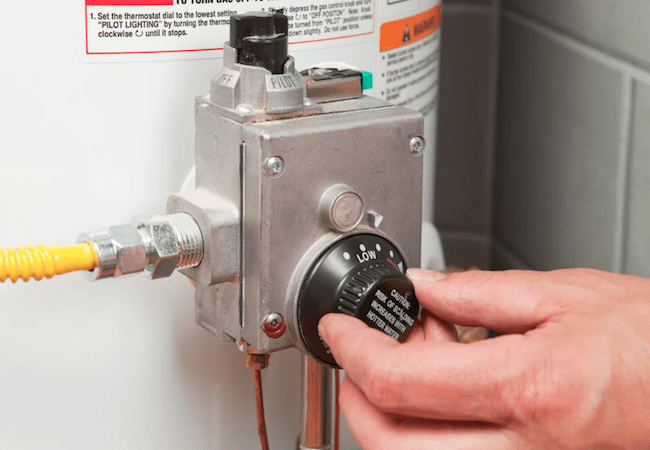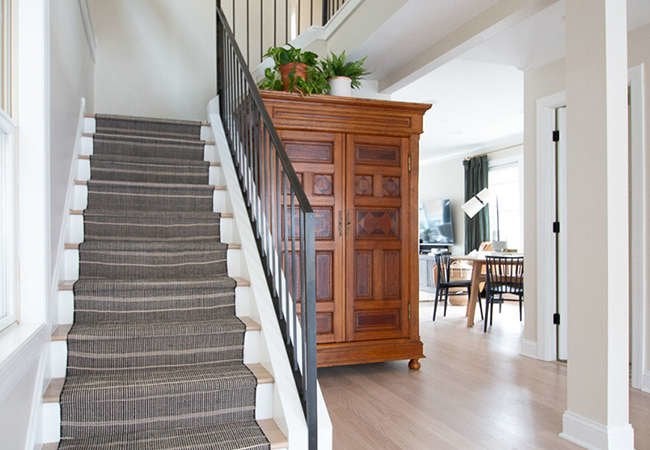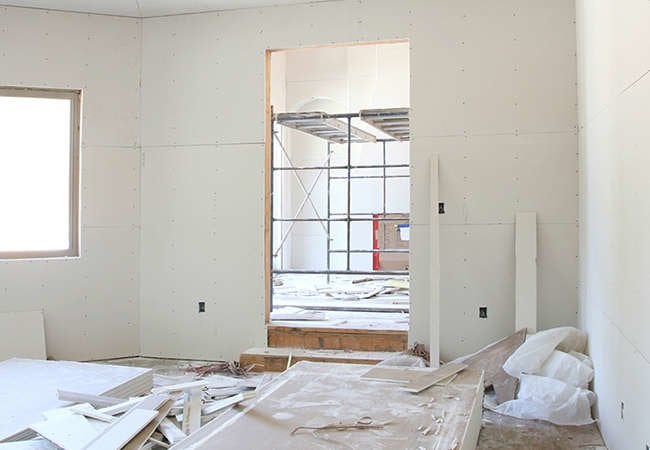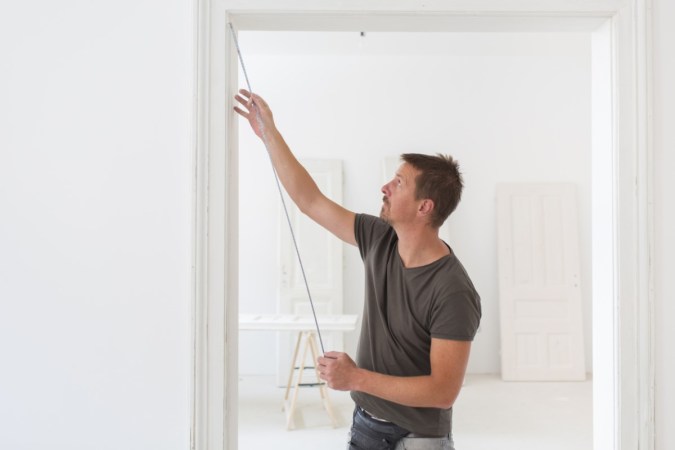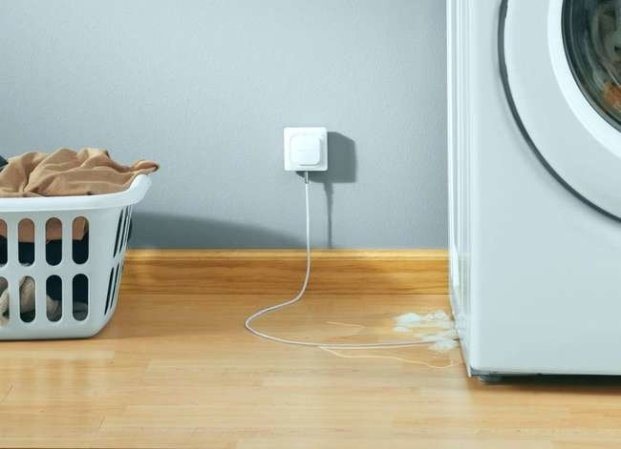We may earn revenue from the products available on this page and participate in affiliate programs. Learn More ›
Habits to Break

While every homeowner makes the occasional mistake, repeated blunders in money management, energy consumption, home security, and home and garden maintenance can waste time, money, and effort—and may even put your home at risk. Read on to find out which of your regular practices may be doing your house more harm than good, then resolve to curb those bad habits in the new year.
Fixing what isn’t broken
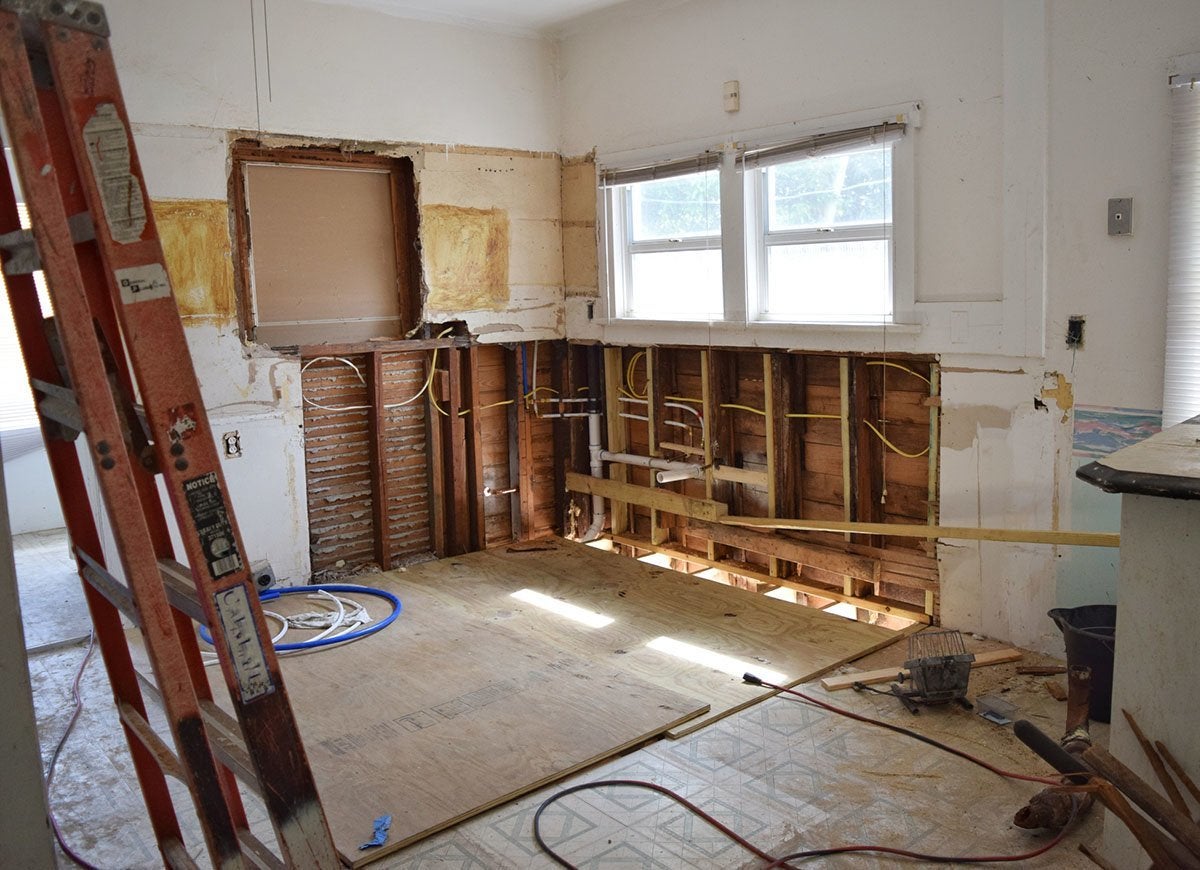
You may envision an update here or an expansion there every time you eye your digs, but think twice before making major updates. At $10 to $60 per square foot on average, a home renovation is a costly—not to mention time-consuming—proposition. Whether you intend to update an underutilized attic or replace a dated deck, it pays to evaluate first whether the change is warranted and if it will yield a return that will offset the initial cost. After careful reflection, you may decide to skip that unnecessary enhancement or choose to improve the value of your home on the cheap simply by deep cleaning or redecorating.
Not securing your smart-home tech
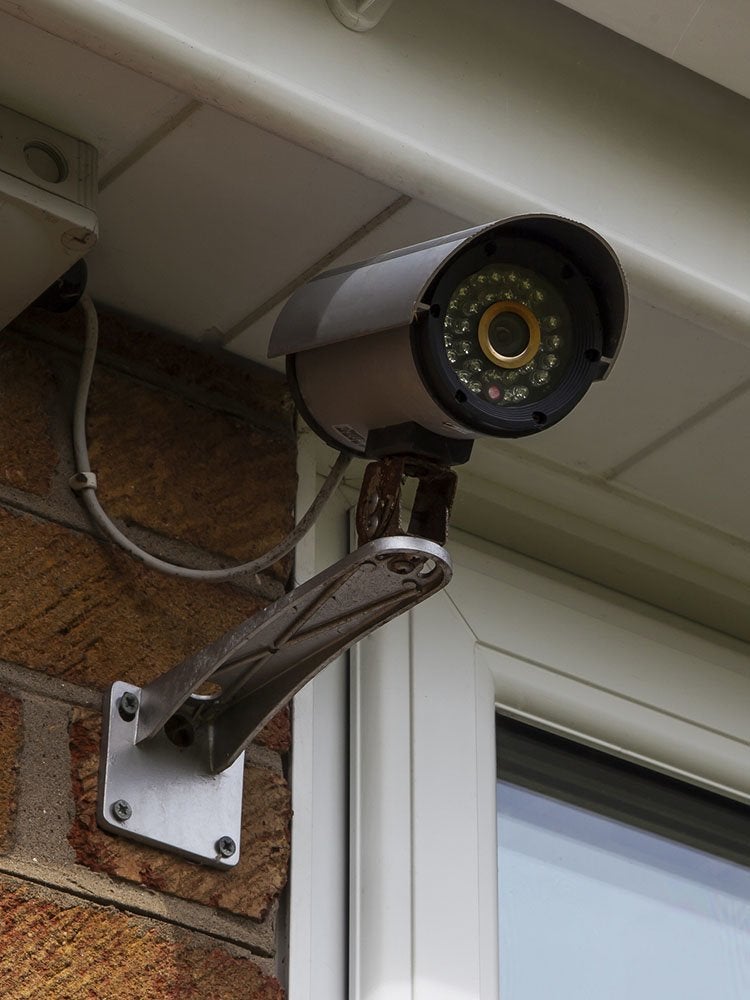
Though smart-home devices are wonderful at automating everyday life, clever hackers can outsmart them, exploiting their vulnerabilities to trick them into harming rather than helping you. If you use easy-to-guess passwords, fail to update the device software, or readily supply your personal info to your gadgets, you put yourself at risk of identity theft, targeting by hackers, or physical break-ins to your home. To safeguard your devices and your home, establish complex passwords, update software regularly, and know how your data will be used before you provide it.
Related: The 10 Biggest Security Risks in Today’s Smart Home
Skipping maintenance
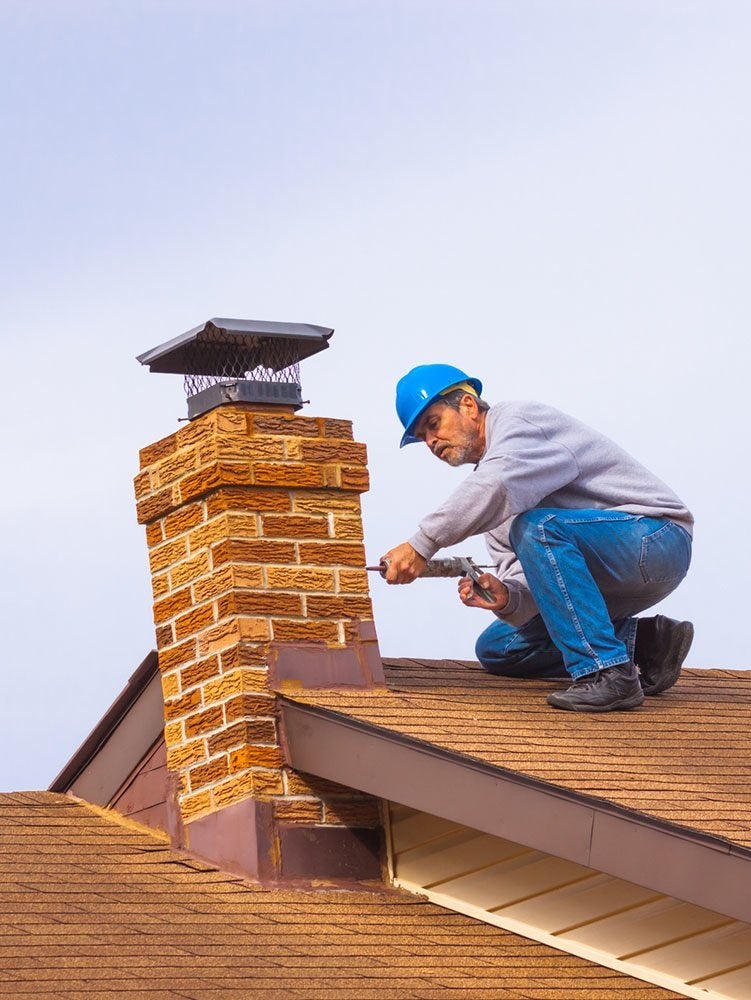
Do you forgo regular inspections of your roof, chimney, or HVAC system all in the name of saving money? When you skip vital inspections and maintenance, you may fail to notice minor problems that can spiral into major issues that warrant costly repairs or replacements. It pays to drop a few hundred dollars on inspection and maintenance fees now to avoid forking over thousands later.
Not having a house fund

Even financially savvy homeowners who maintain an emergency savings account to draw from in the event of a job loss or health emergency often neglect to earmark money to pay for unexpected home expenses. This failure can leave you strapped for cash when the heater goes bust or the air conditioner breaks down. If you have cash to spare after paying essential monthly expenses, use it to build up a house fund that will hold between 1 and 3 percent of the original purchase price of your home. When sudden expenses arise, you can draw from the fund instead of depleting your primary savings.
Assuming that cheaper is better
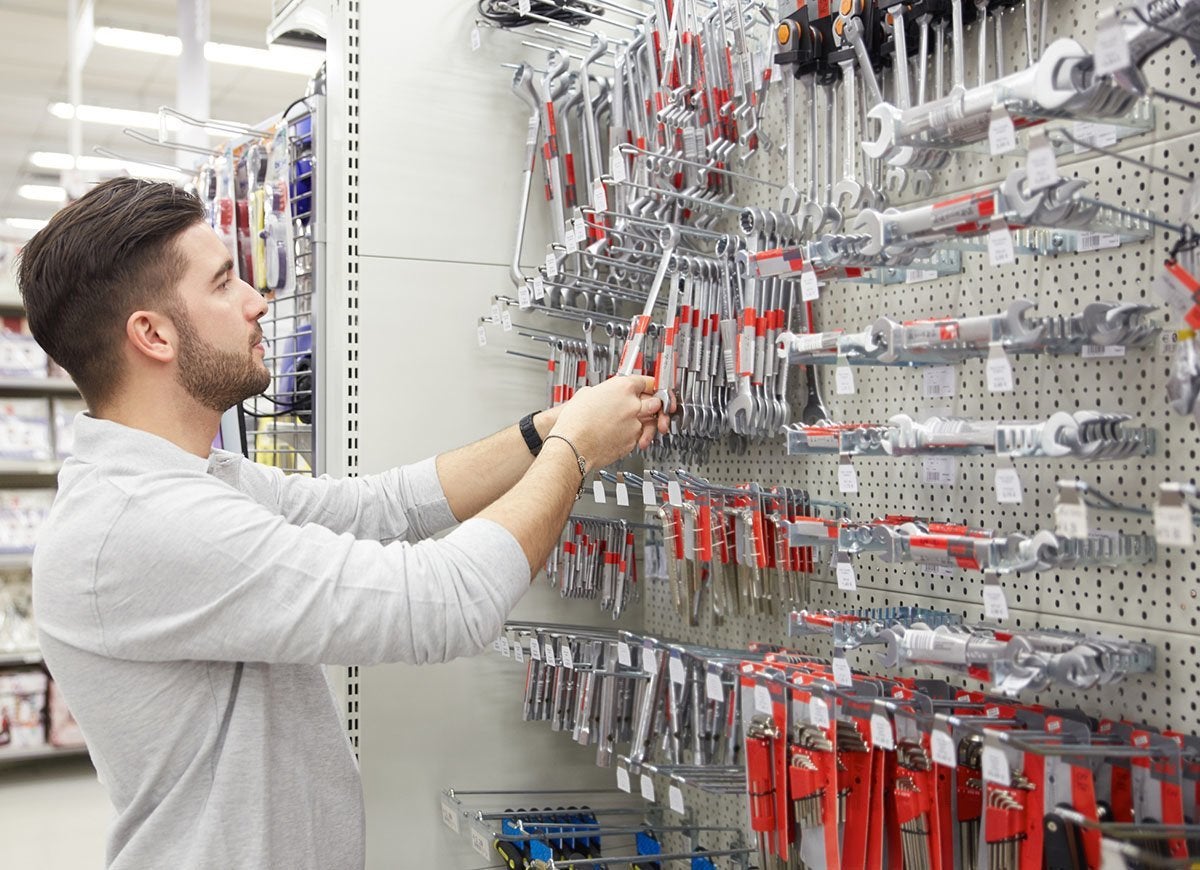
When you go shopping, whether for tools, appliances, or other home goods, your impulse may be to pick up the product with the lowest price. But the cheapest buy isn’t always the best buy. For example, a higher-quality paint, while more expensive, may require fewer future touch-ups than a bottom-dollar equivalent, resulting in a longer-lasting, better-looking, and ultimately cheaper paint job in the long run. Before you buy, do a cost-benefit analysis to compare the long-term cost of the cheaper product (and its required touch-ups and shorter lifespan) with that of the slightly more expensive product with greater longevity. Establishing a price range for expected purchases helps you stick to your budget while still choosing products that will serve you—and your home—well.
Not protecting packages
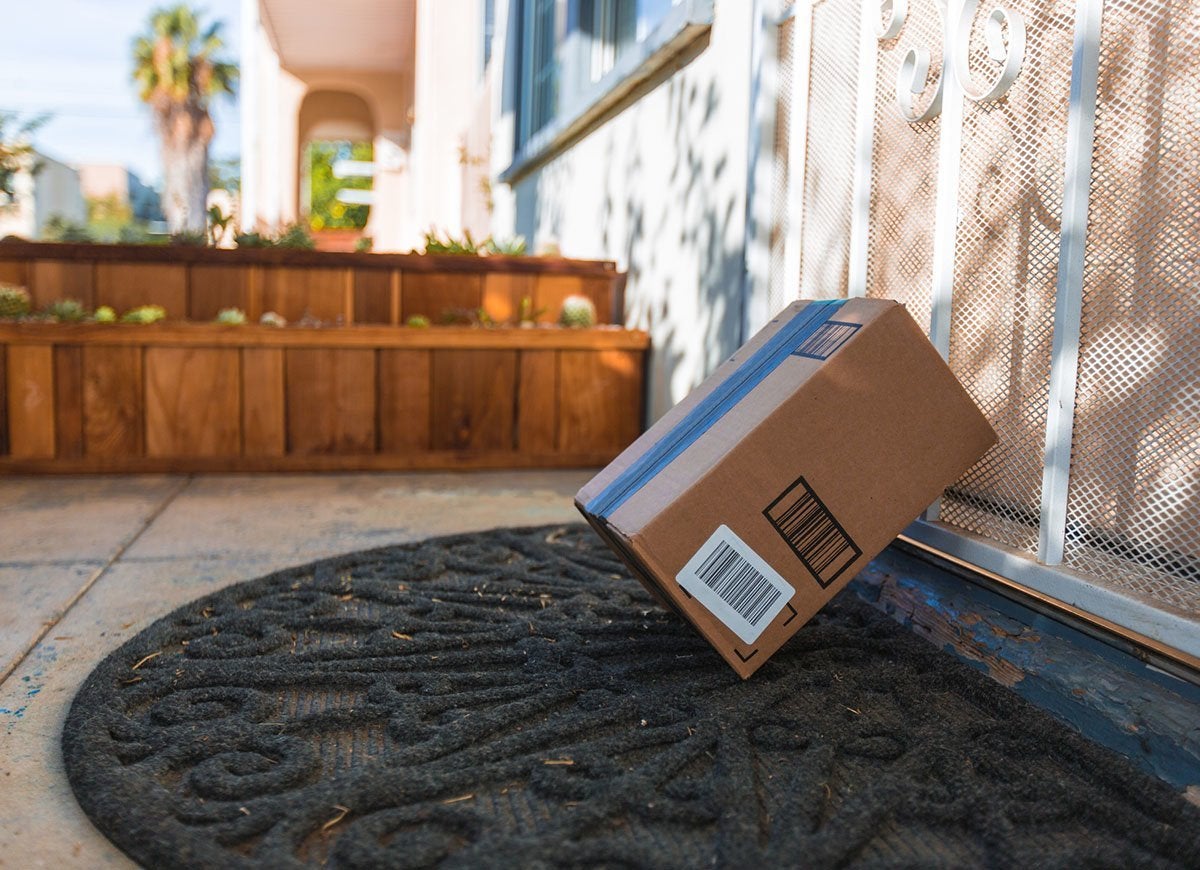
The rise of online shopping has, unfortunately, ushered in a rise in package theft—a crime that some 23 million Americans have experienced. A lack of security at the doorway is an invitation for porch pirates to help themselves to unattended parcels. Thwart thieves and keep packages safe by taking proper precautions to protect deliveries. Options include placing a package locker at the door, requesting signature-only deliveries, and installing security cameras or doorbells with video cameras (such as the Ring Video Doorbell).
Keeping more than you can use
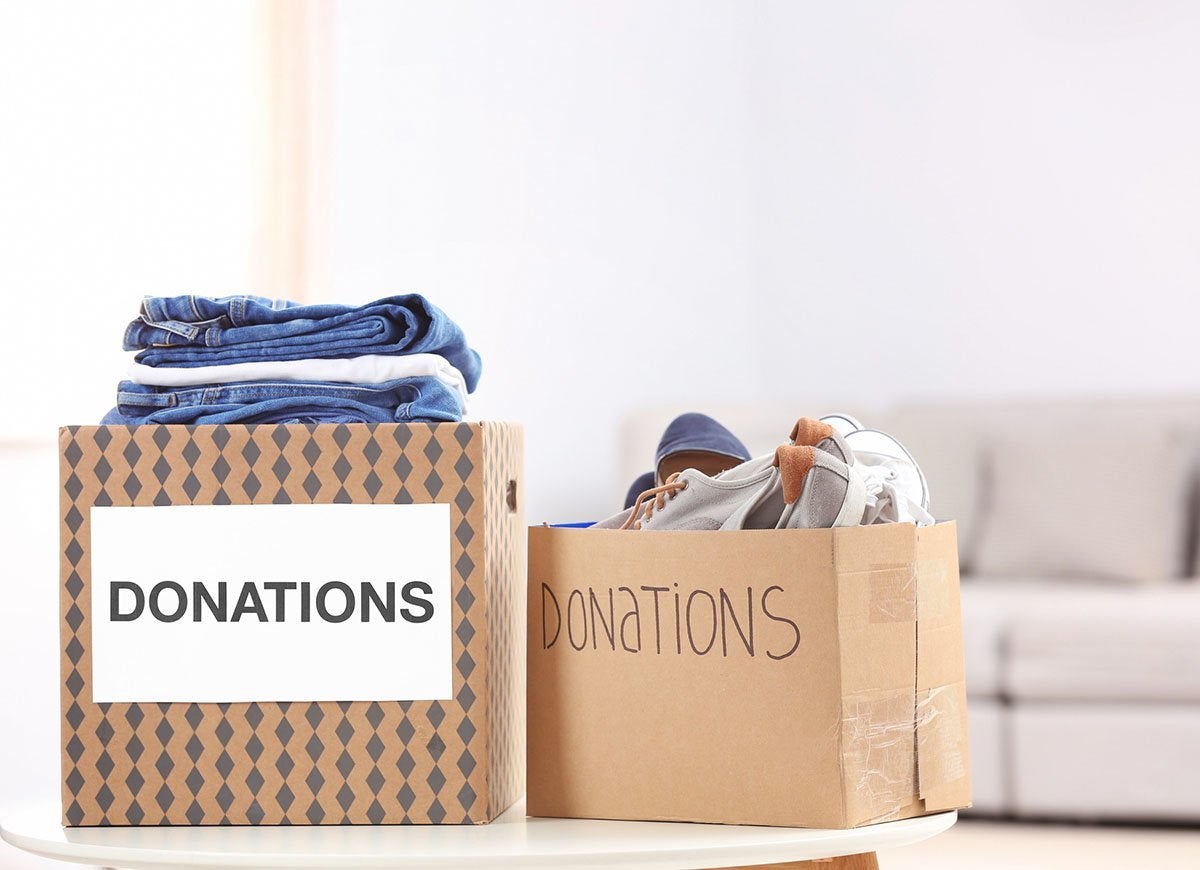
After the holidays, homeowners often have to make room for new electronics, clothing, and toys. If you don’t in the process discard similar items you already have, your pad will soon become a pack rat’s paradise, overflowing with obsolete possessions. Each time you bring a new item home, consider donating or discarding a similar one to cut down on clutter and enjoy a little more breathing room. Moving forward, to keep your belongings under control, resolve to forgo unnecessary or impulse purchases and develop a healthier attitude toward consumption.
Burning unsafe items
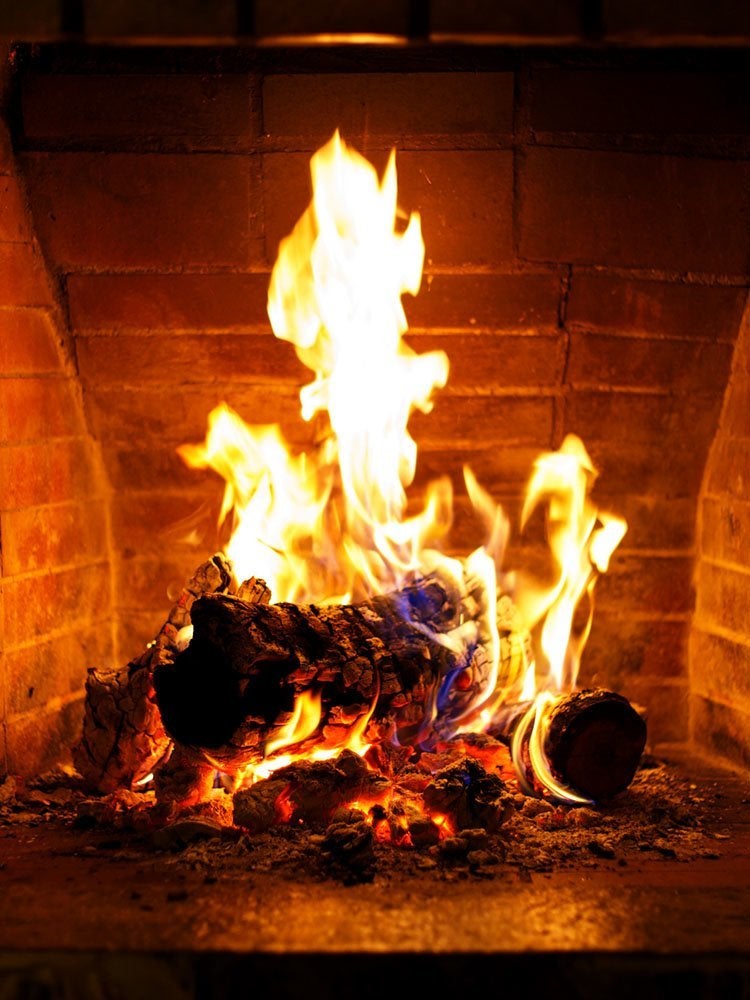
To reduce visual clutter in the wastebasket after the holidays, tidy types may be tempted to burn discarded wrapping paper, gift tags, coupons, and catalogs over the ol’ Yule log. But burning colored paper can increase the flame temperature and potentially damage the flue, cause a chimney fire, and emit toxic fumes into the air. You’re better off recycling the paper (as long as it doesn’t contain foil) and using only seasoned wood to fuel your fires.
Repeatedly resetting tripped breakers
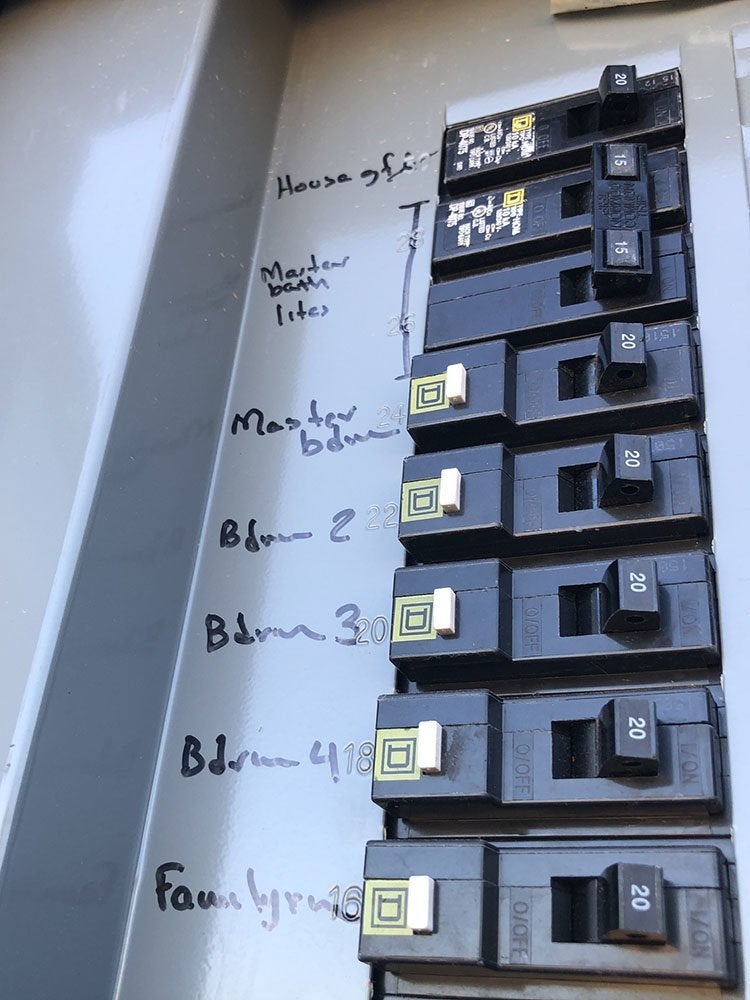
No one wants to be interrupted mid blow-dry by a tripped circuit breaker, so your immediate instinct may be to just reset the breaker every time it trips. Not so fast! Frequent breaker resets can wear out the breaker, but they may also be the sign of a deeper problem. A tripped breaker can have a range of causes, from an innocuous temporary overload of current to the circuit to serious damage to electrical wires or the breaker itself, which could eventually trigger an electrical fire. If a breaker repeatedly trips and you’re not sure why, call an electrician instead of simply reaching for the breaker switch.
Powering up with the wrong adapters
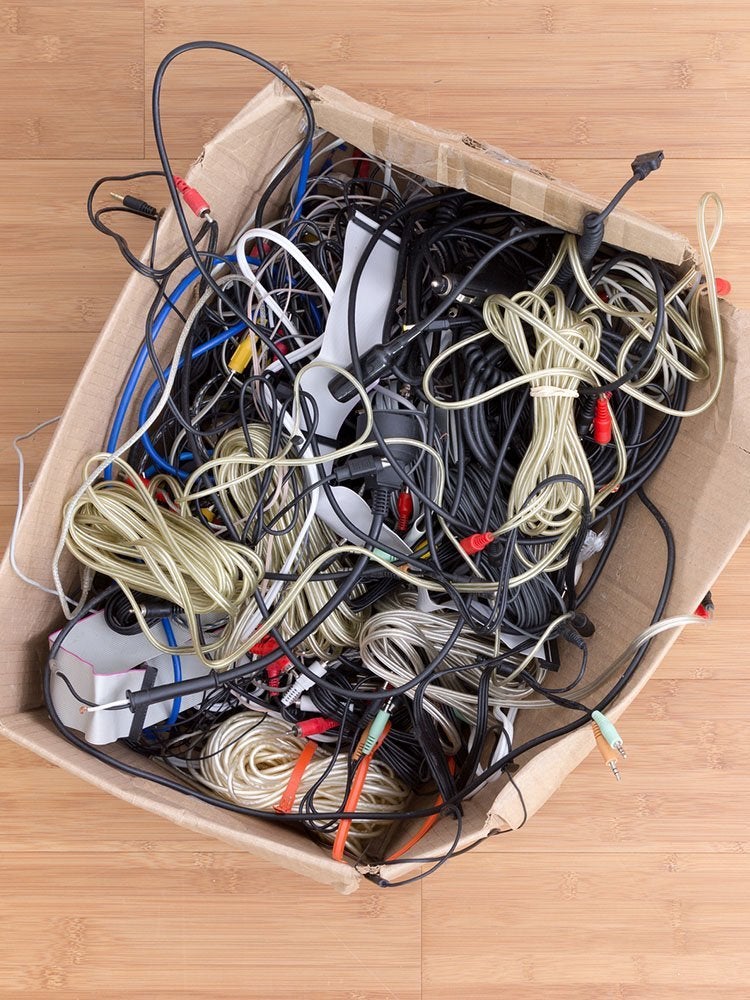
Is your office drawer cluttered with old adapters, but you have no idea which devices they power? You’re better off throwing them away than taking the risk of attaching them to the wrong electronics. If an adapter supplies more or less voltage than a device can handle, it can damage or insufficiently power the device. Always use the right cable for the job. If you have a large collection of power cables, consider labeling each device and its corresponding adapter with a small strip of colored tape to help you remember which cable goes with which device.
Taking long, hot showers
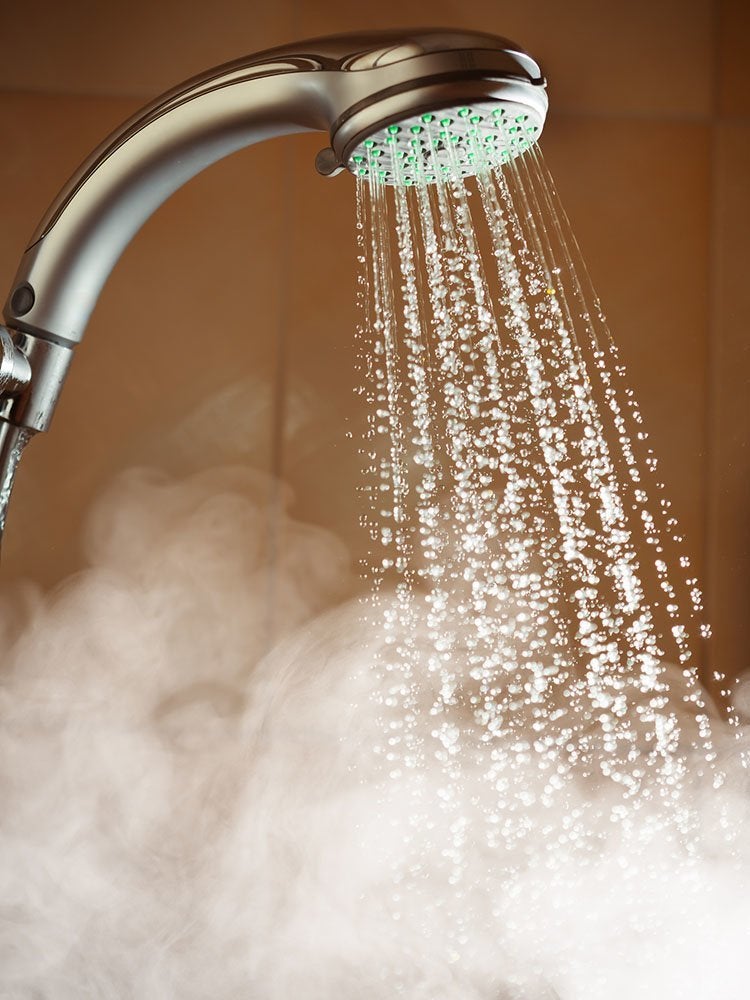
Tempting though it may be to unwind after a long day with a steamy soak in a hot shower, that luxury comes with the triple threat of higher water and heating bills, dry skin, and a moist bathroom environment in which mold and mildew thrive. To save your wallet and your skin, aim for shorter, cooler showers of no more than five minutes under warm, not hot, water. Before you step into the stall, start the exhaust fan (or crack open a window) to improve ventilation and minimize mildew.
Closing the curtains all winter
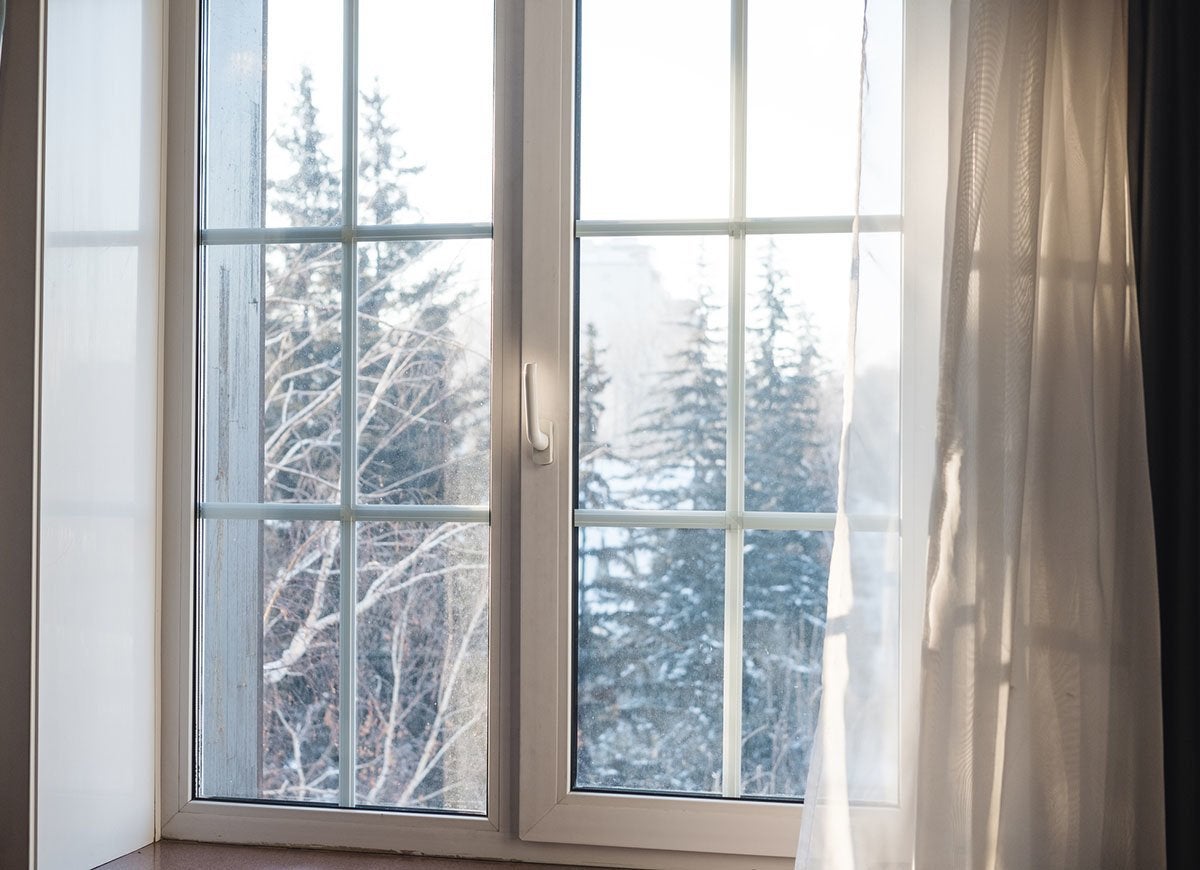
In winter, when the trees and garden are dormant, it may not seem like there’s much to look at outdoors—or much reason to open your curtains. But by keeping your curtains closed during the day in winter, you force your heater to do all the work of heating the home, which can spike your heating bill. Opening the curtains allows the sun to warm the window, reducing the burden on your heater and shaving a little off your heating bill. When the sun sets, draw the curtains closed to prevent all that heat from escaping.
Running a half-full dishwasher
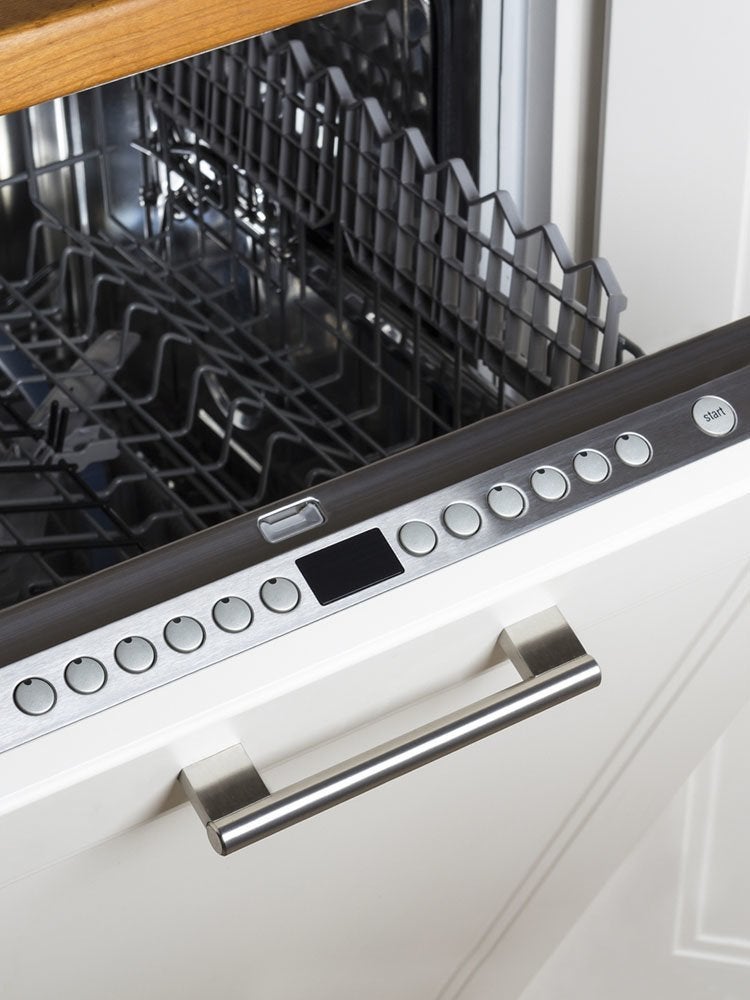
Even if the sight of all those dirty dishes drives you up the wall, resist the urge to run the dishwasher when it’s half full. Doing so wastes energy and water, negating the energy savings of your energy-efficient dishwasher. Always run the dishwasher on a full load; you’ll save $40 annually in energy bills and 100 pounds of carbon pollution, according to the EPA—a win for your wallet and the planet. Increase your water savings by lightly scraping dishes with a spatula instead of rinsing them before loading up the machine.
Closing vents in unused rooms
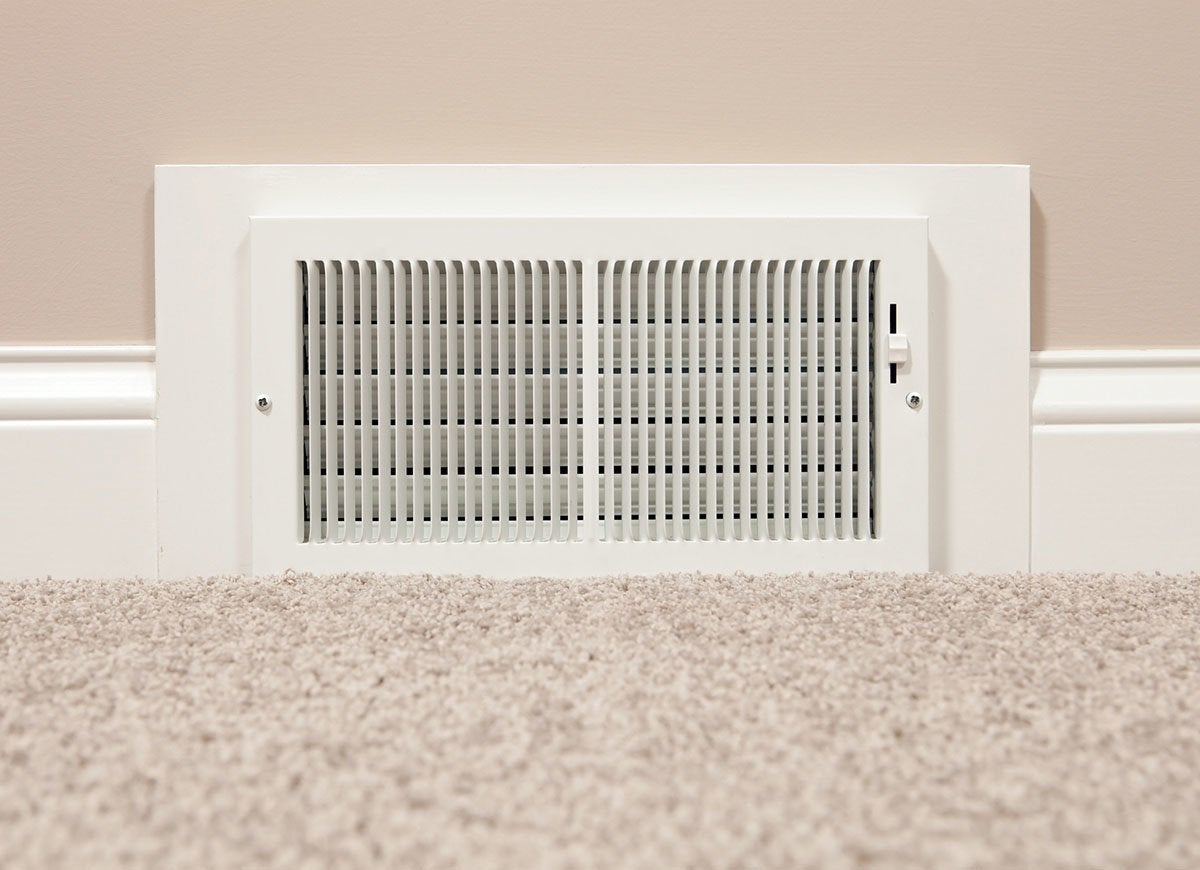
If the guest room is hardly used, it’s tempting to think you should close the vents to reduce your heating or cooling bills. The reality is, however, that closing vents won’t make your heater or AC generate less air, but it will increase pressure on the system as air gets pushed to other rooms, and it can potentially cause air leaks that could make your energy bills spike. To avoid opening your wallet even wider, keep the vents open in every room, but program the thermostat so that cold or hot air circulates only when you need it.
Wearing shoes indoors
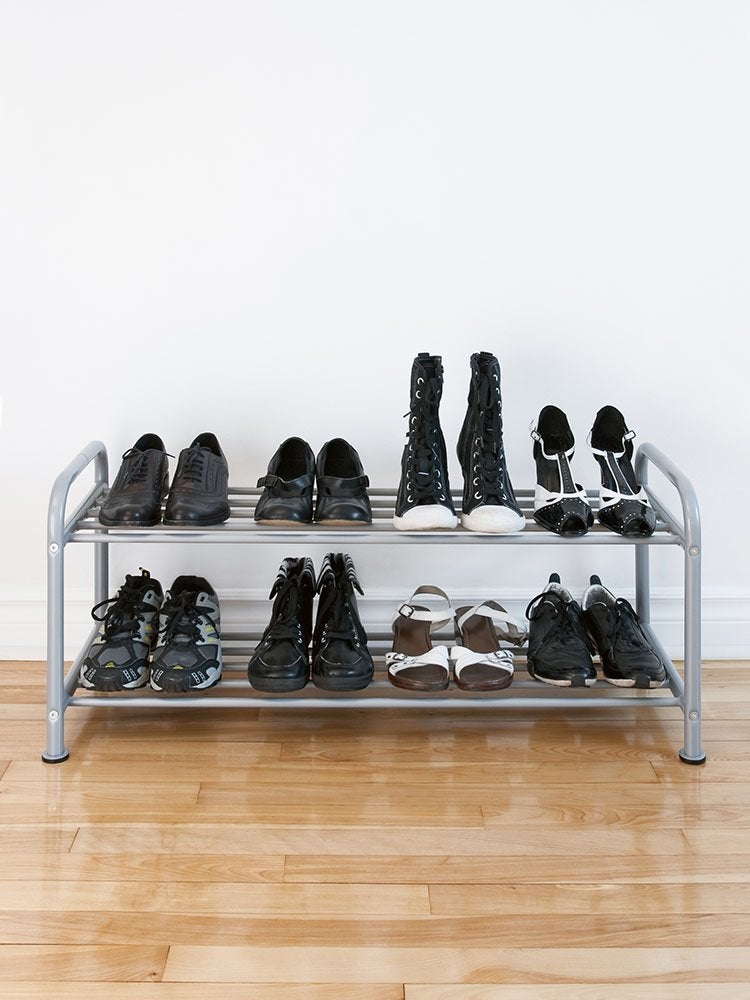
At the risk of seeming unnecessarily fussy, you may hold your tongue when friends or family tromp through your home with their shoes on. But a University of Arizona study found an average of 421,000 different bacteria on shoes, including E. coli and others that can cause illnesses ranging from pneumonia to meningitis. Even if you have rugged hardwood floors, it pays to enact a no-shoe policy for both you and your guests, to keep your house clean and everyone healthy.
Taking a drill to paint
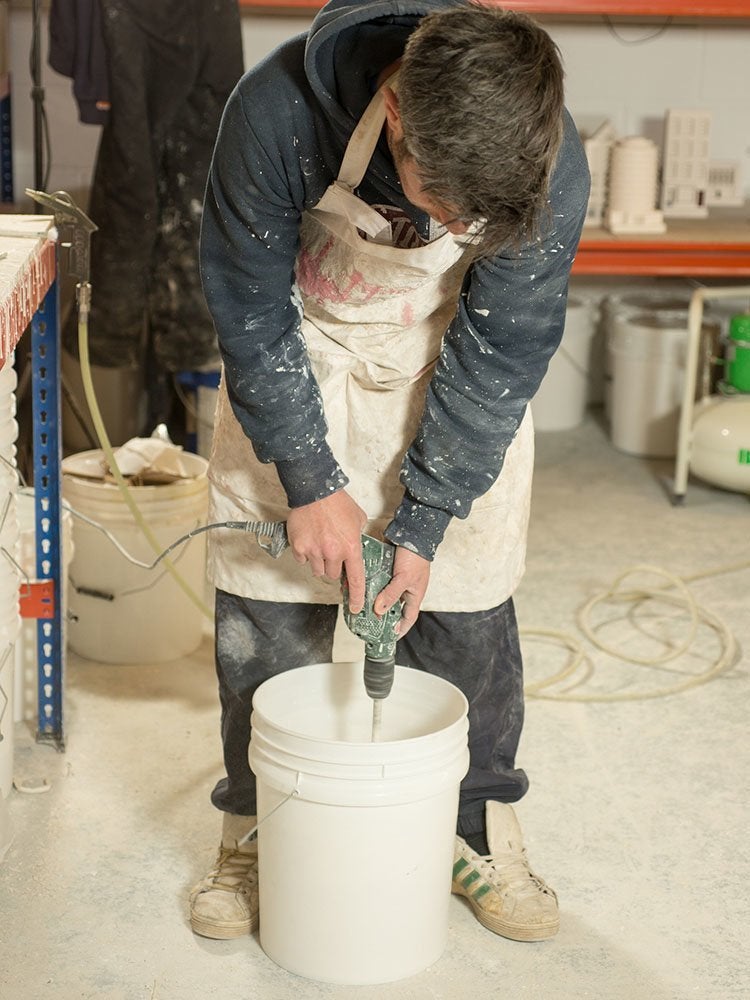
Stirring paint with a drill equipped with a mixing attachment may speed up the process of removing clumps, but it creates air bubbles in the paint that can result in a spotty finish. For a seamless result, stick to the tried-and-true technique of slowly hand-stirring paint with a wooden stir stick until the solids at the bottom have been integrated.
Overdoing the drain cleaner
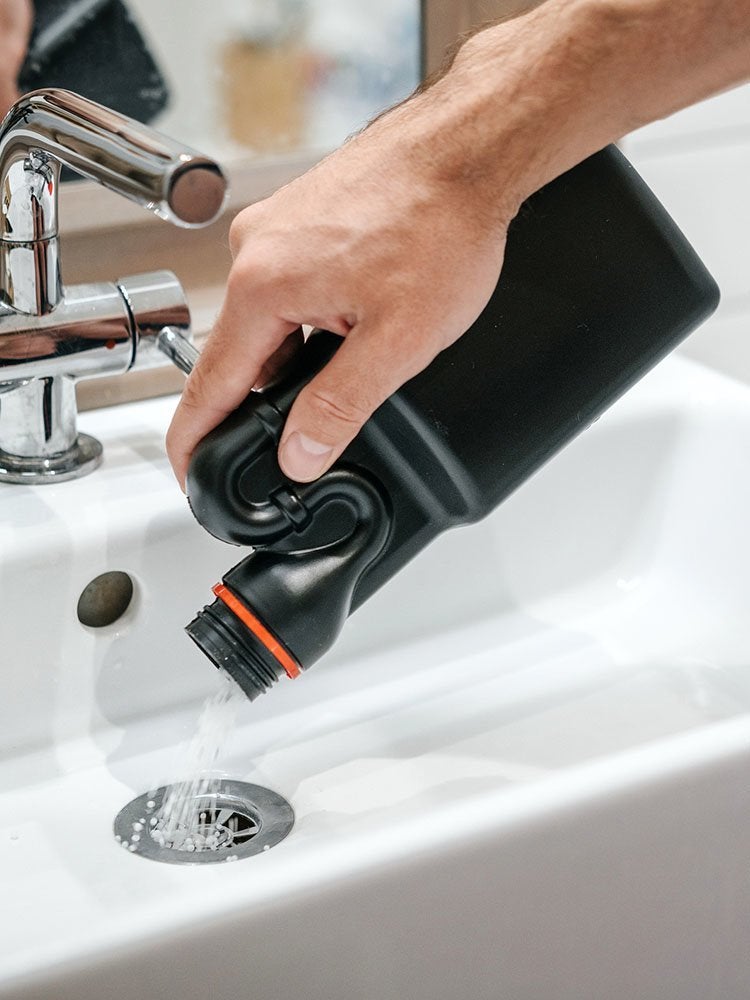
Do you reach for a bottle of Drano every time the sink backs up? While chemical drain cleaners can be used on occasion to clear small clogs in a pinch, routine use can be bad for your health, the environment, and your plumbing. They contain caustic chemicals, such as hydrochloric acid or lye, that produce fumes that can be harmful if inhaled. Drain cleaners are so powerful, in fact, that some can erode pipes. When a drain gets backed up, pull out the plunger, pour one-half cup each of white vinegar and baking soda down the drain, then follow up after an hour with hot water. As an alternative, use a handheld drain auger. If neither approach works, call a plumber.
Applying too much mulch
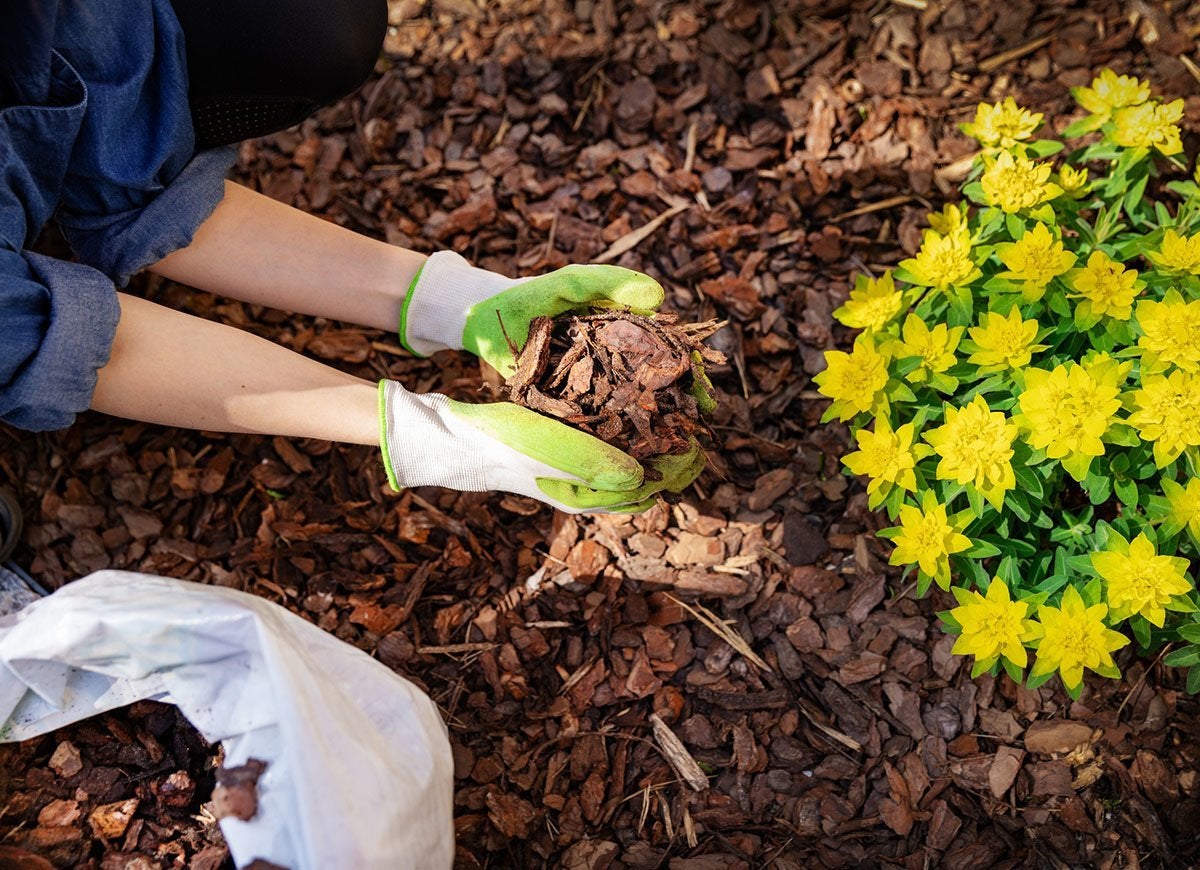
Of the many threats that lurk in the yard, from weeds to pests, perhaps none can do as much damage to your trees as the dreaded “mulch volcano.” This is created when homeowners heap mulch around the base of a tree in the mistaken belief that they’re protecting it, when they’re actually causing moisture retention that can lead to disease and decay, and encouraging roots to grow through the mulch and eventually wrap around the tree and cut off its water supply. To nourish your trees without risking their ruin, follow the three-by-three-by-three rule: Apply a three-inch-deep layer of mulch positioned three inches away from the tree trunk, forming a “doughnut” with a diameter of three feet.
Leaving rugs out to rot
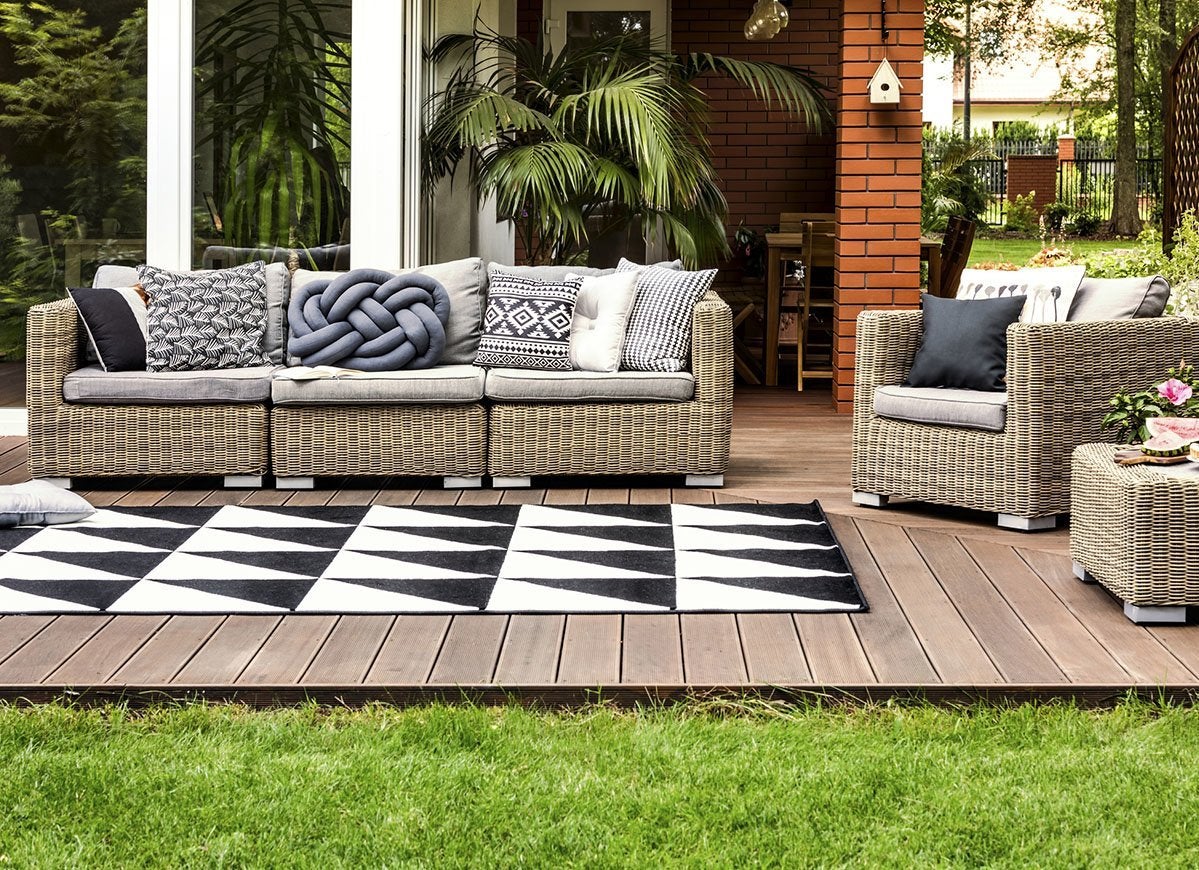
While outdoor rugs can tolerate the elements better than their indoor counterparts, they shouldn’t live outside 24/7. Moisture can creep in and give way to mildew and mold, while the sun’s rays can fade and degrade them. To preserve the plushness and vibrancy of rugs year-round, set rugs underneath covered porches if possible, and bring them indoors before severe storms or freezing temperatures set in.
Overstuffing space under the deck
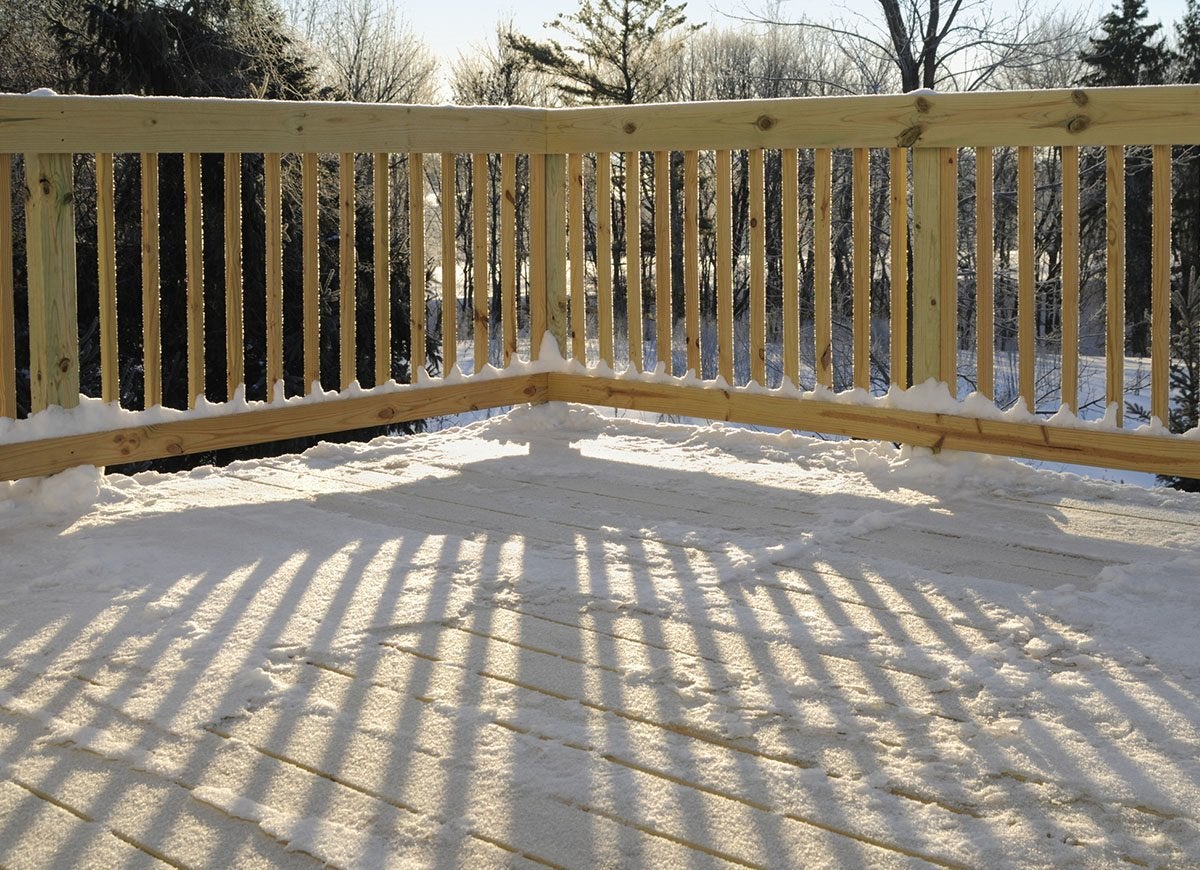
The space under a deck or porch is ideal for stashing weatherproof items like plastic pool toys or garden hoses, or even bulky, irregularly shaped items like kayaks and rowboats. But a large heap of objects below a deck can trap moisture and generate enough heat to damage the wooden boards and compromise the structural integrity of the deck. Leave a clearance of at least one foot above items stored under a deck to allow for proper ventilation, and store everything else in a garden shed or the garage.
